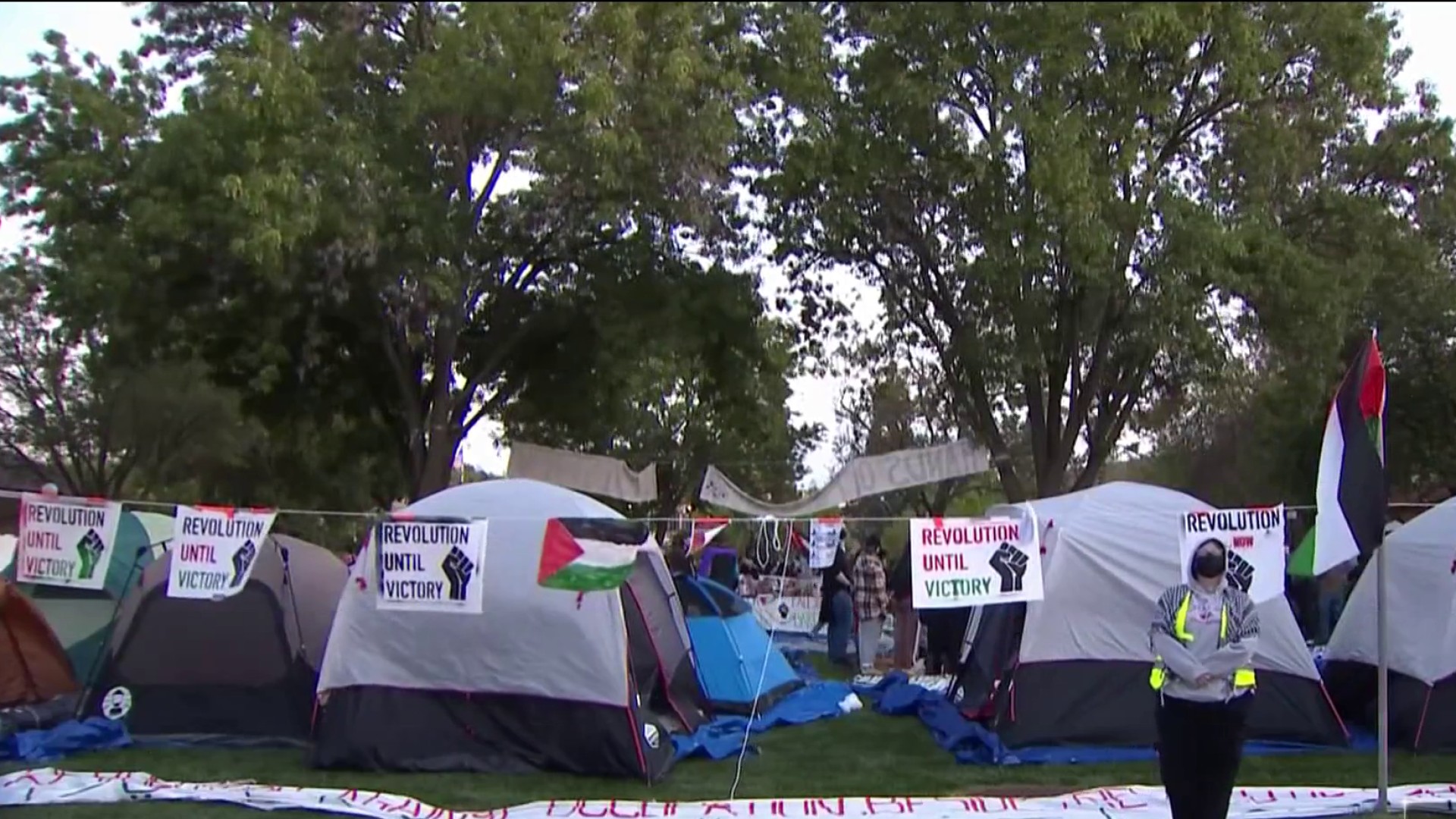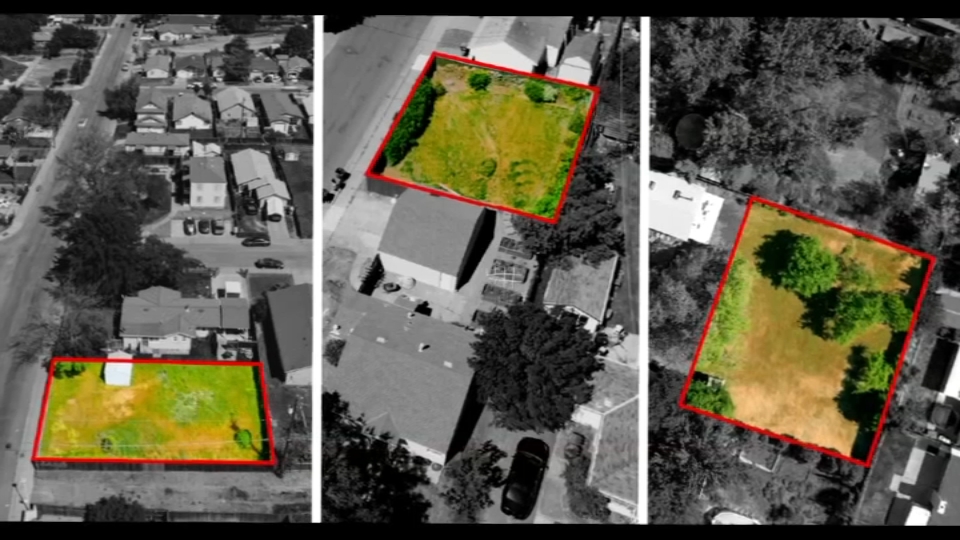Technology has made it nearly impossible to step out of your house with any degree of expectation of privacy, and now a growing trend across the country and in the Bay Area is adding more eyes to the world.
Dashboard cameras, best known as “dashcams,” have been ubiquitous in other countries like Russia, where they’ve caught the streaking light of meteors across the skies multiple times in the last few years. The jolting video of the TransAsia plane crashing down into the Keelung River on February 4 in Taipei, Taiwan stemmed from a dashcam.
That kind of video is being created in the Bay Area every day. The footage is perhaps not quite as shocking, but it can have quite an impact.
For Richard Hybel, that impact was saving money and ultimately, saving his small business. Hybel owns Metro Cabs based in San Francisco. He said the profit on one cab is roughly $10 – not a very large margin with which to make a living. He estimates his company was involved with up to 30 accidents last year, each one costing up to a few-thousand dollars.
“I would typically end up paying for my own damage on my cars,” he said. “There’s not a lot of profit in the taxi business so if you get a $4,000 crash then it takes six months to make that back up.”
Hybel showed NBC Bay Area one such accident captured on the dashcam in one of his drivers’ cabs. There are two views: an exterior out into the street and an interior shot of the backseat. In this video, the driver is taking three passengers, a father, mother and small child, to a San Francisco destination. One second after crossing into an intersection, there’s a loud boom and the car starts to spin. The father, who isn’t wearing a seatbelt, flies to the other side of the car while the mother and child begin to scream and cry.
“It was an unmarked police vehicle, on a call - something about a man with a gun – and went through a red light at a high rate of speed,” Hybel described. “In the report he said he had his siren on, which was proven not to be true, and he said the cab driver was timing the lights so he entered the intersection the instant the light turned green, which also proved not to be true because the video showed we had the green light for over a block.”
Local
Hybel believes his drivers are up against a very negative reputation linked to the industry, especially if the other word comes from someone like a police officer. For him, the footage was integral in saving money and perhaps keeping his insurance.
“It probably would have cost them $300,000 to $400,000 with three people injured in the back, and I’d have a workers’ comp claim for the driver,” Hybel said.
Peter Park is president of JanusCam, the company that manufactures the dashcams used by Metro Cab, along with many other San Francisco taxi cab companies including SF Yellow, the biggest in the county.
He said it was in 2009 when his company approached the San Francisco Municipal Transportation Agency (SFMTA) about updating its regulations on recording devices in cabs.
“[There were] a lot of walls, a lot of barriers because of new technology that we [had] to introduce not only to taxi companies but to regulators and to the city,” Park said.
According to Robert Lyles, deputy spokesman for the SFMTA, San Francisco taxis used recording technology called “Silent Witness” which captured snapshots, not real-time video, all before 2009.
In a statement, Lyles wrote, “The SFMTA reviewed JanusCam equipment and technology and determined their offering was suitable for use.”
The latest local laws require each taxi adopted this new video technology that had to be manufactured after December 31, 2006. Transportation network companies, like Lyft and Uber, remain unregulated by the SFMTA and are not mandated to install these recording devices. Neither company responded to requests for comment by NBC Bay Area.
JanusCam said despite the lack of regulatory oversight of TNCs, it has been approached by drivers for Uber, Lyft and Sidecar. The companies are stringent when it comes to passenger satisfaction, so if a drivers’ rating dips below a particular number, they may be let go. The footage helps keep them employed by the TNCs, said Jonathan Park, an account executive.
Peter Park added it’s not just about saving jobs and saving money in civil litigation; the footage can help in what can potentially turn into criminal cases. He showed one clip from 2013 when one cab driver is trying to drop off a passenger in Daly City. In just seconds, the young female passenger brings out what appears to be a steak knife and stabs the driver in the neck. Fortunately, the driver was okay, but Park pointed to what could have happened to the middle-aged, heavy-set man.
“She went home, she was bleeding and told her mom that it was the driver who was trying to rape her and she was defending herself,” Park described. “But the driver was really attacked by the passenger.”
In order to prevent tampering with the clips, there are security measures built in place, according to JanusCam account executive Jonathan Park.
“It’s stored on an SD card, but it’s not just a card where you pop into your camera and easily take it out,” he said. “We have a security bracket that’s locked in so a driver, if he did something wrong, couldn’t pull the footage out. There’s password protection so even if they did get the card, they couldn’t get the footage.”
The popularity has grown nationwide, as well. According to the Dashcam Store based in Austin, Texas, sales across the country shot up 172-percent from the first half of 2014 to the second half.
That’s no surprise to Kyle Shepard, a driver for Metro Cab. He said at first he felt it was an intrusion of privacy but now considers the dashcams a source of peace of mind, especially after what happened just a couple weeks ago.
Shepard said a pair of passengers paid for a 260-dollar fare with what turned out to be a stolen credit card.
“We pulled the chip out of the camera and were able to get a very good still image, and video images, of the two people in the back of the taxi,” Shepard said. “I called police and gave them the images, so there’s a police report, a good look of the people who committed the crime and that’s been helpful.”
For Hybel, who has owned the small cab company for over a decade, the $20,000 investment in the dashcams paid itself off in 10 months.
“It just increases the profit and these days, of course, this business is really struggling so without the cameras it’s possible I wouldn’t be in business today,” Hybel said.



